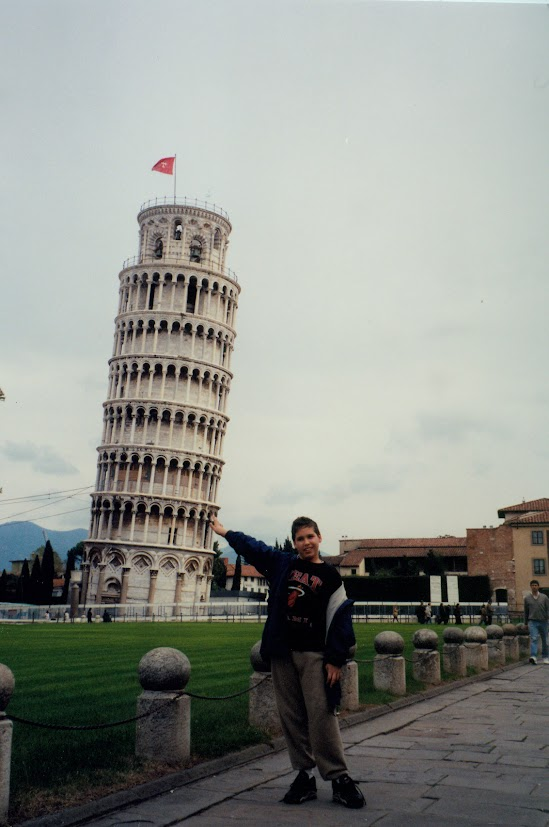Even a tiny flaw in the foundation can tilt an entire structure. I came to appreciate this as a child when I visited the Leaning Tower of Pisa, which began leaning because its soft, uneven foundation couldn’t fully support it.

But as I’ve matured, I’ve come to see that this truth likewise applies to spiritual things. Tiny faults matter.
Sometimes, the tension between Joseph Smith’s teachings and the Bible isn’t about sweeping doctrines—it’s in small but clear claims that directly contradict Scripture. Like the cracks in Pisa’s foundation, these minor contradictions can quietly tilt a believer’s trust away from Scripture.
These are the moments that test where a believer’s ultimate authority lies. Will we trust the Bible, or Joseph?
Take Moses, for example. The Bible plainly says he died: “So Moses the servant of the Lord died there in Moab, as the Lord had said” (Deut. 34:5–6). Yet LDS teaching asserts that Moses was translated and still lives. (This idea is vaguely alluded to in Alma 45:19, but it is expressly taught by the Church today.) Accepting this claim requires setting aside the clear biblical account in favor of Joseph Smith’s word.
John the Beloved offers a similar case. John’s Gospel goes out of its way to refute the rumor that he would not die, noting: “The rumor spread among the believers that this disciple would not die. But Jesus did not say that he would not die” (John 21:23). Church history reports that John died peacefully at an old age. Yet LDS tradition teaches he too was translated and would “never taste of death” (3 Nephi 28:7). Once again, followers must decide whether the Bible or Joseph Smith is the ultimate authority.
The claims about Moses and John may seem minor at first glance—they are not central to salvation. But like small cracks in a foundation, they matter. Accepting them establishes a pattern: when Joseph’s word contradicts Scripture, the believer is encouraged to follow the prophet. In doing so, followers of Joseph Smith lay down the Sword of the Spirit, which protects them from deception and falsehood, leaving them vulnerable to more serious errors.
Ultimately, we must choose. Will we build on the foundation of Joseph Smith’s claims, or on the sure foundation that Jesus Christ provided in His Word? Only one foundation will withstand the pressures of life and keep us from tilting away from God and towards destruction.

